Does your blood type, sex, age, or body type really matter when it comes to customizing your own diet plan?
In the day and age of personalized nutrition, many people want to know just how far they need to go in ensuring their diet is a custom fit for them. Does DNA actually have a say in the basic foods our body can digest?
Let’s break down the science of customizing your own food plan based on these broad diet factors.
Can you spare 10 minutes a day? Then you can do this 7-Day Paleo Weight Loss Bodyweight Workout Challenge!
Click here to get your FREE copy!
Do I Need to Eat for My Blood Type?
The blood type diet is a concept popularized by Peter D’Adamo, a naturopathic physician, in his bestselling book Eat Right for Your Type. But is there any actual science behind the concept?
The blood type diet suggests that your blood type determines the kinds of foods that are best for your digestion based on genetics, and customizes your entire diet and lifestyle based on your blood type. These diet plans were generally broken down into two main categories: low-carb or vegetarian. [tweet_quote]While some people may thrive on low-carb or vegetarian diets, this success is independent of blood type. In fact, there are numerous other bodily and genetic factors at play.[/tweet_quote]
However, recent research has determined that there is no evidence to support these customizations by blood type. (1, 2) While some people may thrive on low-carb or vegetarian diets, this success is independent of blood type. In fact, there are numerous other bodily and genetic factors at play.
Bottom line: Eating for your blood type is not research-proven and is not a proven method to customize your diet for health or longevity.
Do I Need to Eat for My Body Type?

Nearly every diet section in a bookstore or online contains dozens of books claiming to have the secret to finally losing weight and regaining health. There are a number of different ways that authors have broken down a person’s “type” in order to present the final word on how customizing your diet can produce positive results. These can range from emotional types to physical types (pear shape or apple, anyone?) and more. Most include quizzes or assessments to help identify yourself into one of a handful of types, and will then prescribe the specific diet and lifestyle program that you need to follow to achieve weight loss results.
The problem with these is that most, if not all, fall short of any actual scientific research behind them. They tend to be the result of individual clinical experiences, or are based on logical principles that should be effective, but which aren’t necessarily demonstrated to be actual research.
Bottom line: When it comes to searching for a diet that fits your “type,” it’s less likely to be found in these programs and more likely to be rooted in other factors that are solidly backed by research.
Is Counting Calories Necessary?
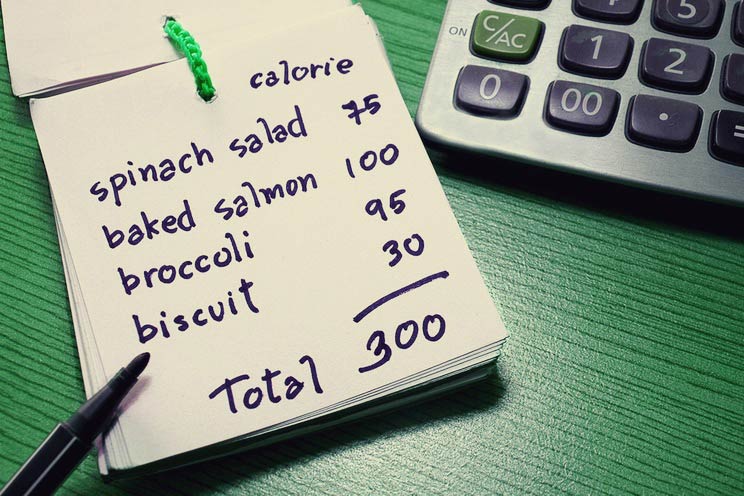
If you haven’t tried losing weight by following a type-based program, chances are you’ve defaulted to the age-old method of counting calories. Restricting calories seems like the most logical way to lose weight, but even research says this isn’t the case. How can that be? Because quality of diet, not quantity of calories, is what makes all the difference. (3, 4)
You can count calories all day long, but if what you’re eating is processed and short on healthy fruits, vegetables, and fats, long-term weight loss won’t happen. You’ll also sacrifice other important aspects of your health in the process.
Bottom line: Calorie counting and restriction is not a proven method of long-term weight loss. The quality of food is what matters more to your health.
Do I Have to Track Macros?

Tracking macros (your daily allocation of protein, fat and carbs) has become a popular form of dietary measurement to achieve weight loss, especially among keto dieters. But if you are already eating a diet focused on food quality and nutrient denseness, does counting macros really matter?
People might track macros for various reasons, including:
- To follow a low-carb plan (keeping carbs under a certain percentage or amount)
- To follow a high-fat plan to maintain ketosis (making sure fat is certain percentage of dietary intake)
- To manage carb intake to control diabetes (measuring carbs or net carb intake)
There might be other reasons to track macros, but in general, most people to tend to focus primarily on one macronutrient, and then force the other two to fall into balance after the needs of the main one are met.
While this approach is beneficial for people who have diabetes and must monitor their carb intake, or keto eaters who need to make sure they’re eating enough fat to get into and maintain ketosis, it’s simply a waste of time for the average person eating a Paleo, nutrient-dense diet to focus on macros.
Bottom line: Tracking macros can be beneficial for certain health conditions or goals, but it’s unnecessary for the average Paleo eater.
Does Diet Differ for Men and Women?

Generally speaking, men and women have different nutritional needs. But rules that are generally applied to either sex – like men need more protein or women need more fat – can be taken too far and don’t take into account an individual’s unique health history, genetics, life experiences, and stress levels.
When we pronounce hard and fast rules that apply to one sex or the other, we discredit genetic individuality and unique factors. When these rules fail to apply to someone who falls into the affected category, it can feel defeating. Instead of routinely saying that keto, for example, is better for men than women, consider that while it can be destructive for some women’s hormone balances, it can be highly therapeutic for others (as in the case of PCOS or hyperthyroidism, for example).
Bottom line: While there are some inherent differences between the nutritional needs of men and women, there are no major dietary rules that should be applied uniformly to each sex. Individual needs are more important.
Do I Need to Eat Differently Based on My Age?

Most of us know that what we can tolerate or bounce back from in our 20s won’t be the same in our 30s and 40s. Instead of responding to a newly decreased metabolism or other signs of aging by counting calories or restricting your diet, it’s more important to uncover the best way to nourish yourself for each new stage of your life.
While there is no one-size-fits-all diet for aging, consider that the shifting levels of hormones is taxing enough on the body. Instead of restricting your diet, restructure.
If you’re already Paleo but you notice an increase in weight or an inability to lose it, considering dialing more into specific ways that you can address your needs by working with a doctor or practitioner who can see what’s going on with your hormones, inflammation levels, and gut. Instead of restricting your food intake, ask your practitioner (and yourself) what you can add to your dietary and lifestyle regimen to bring balance back into the equation. This could include more sleep or self-care, less rigorous restriction of your dietary macros, or a change of pace when it comes to fitness, such as a shift from yoga to HIIT, or vice versa.
Bottom line: Try a customized approach when you’re transitioning into new life stages by boosting deficiencies and addressing lifestyle factors that might be overlooked.
Efforts to tie weight loss to one single thing will always fall short of the big picture. Genetics, lifestyle, and stress factors all play a major role in weight loss – diet is just another factor.
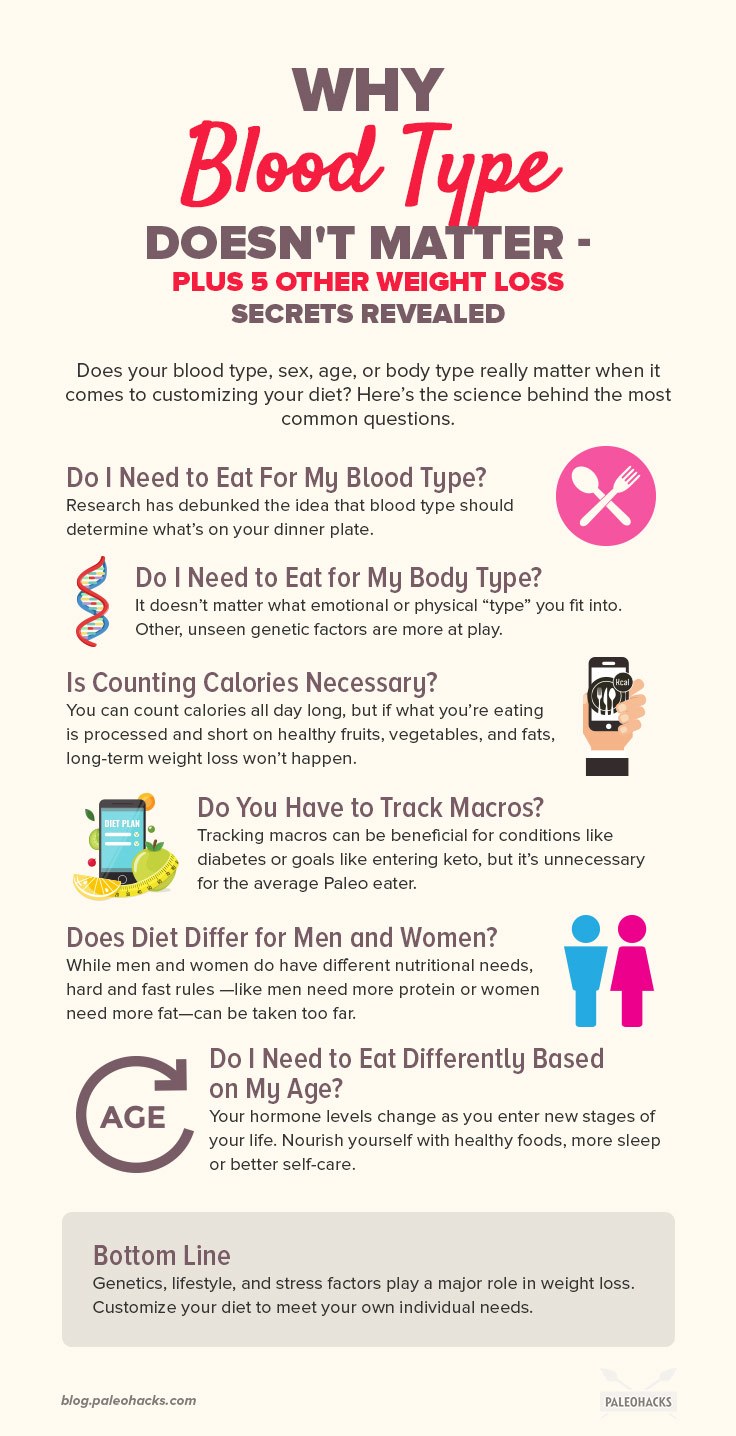
(Read This Next: Keto Diet Foods: What to Avoid and What to Eat


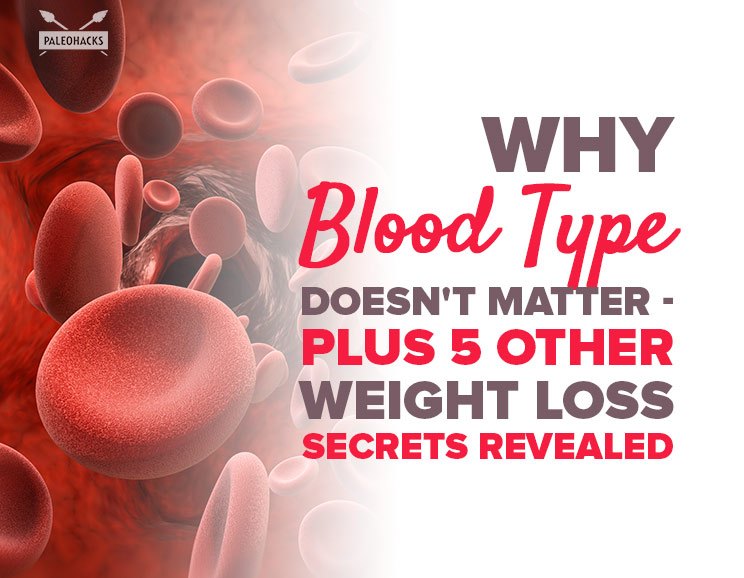
 Homemade Spinach Tortillas (Corn-Free, Grain-Free)
Homemade Spinach Tortillas (Corn-Free, Grain-Free)
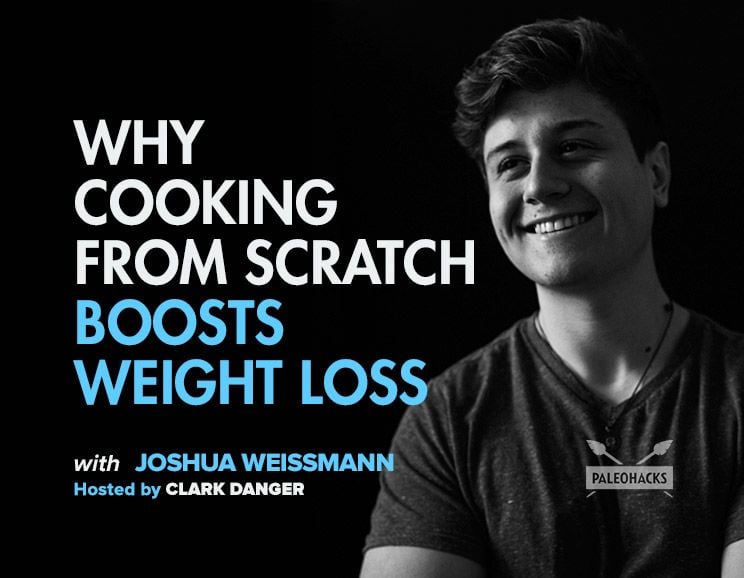




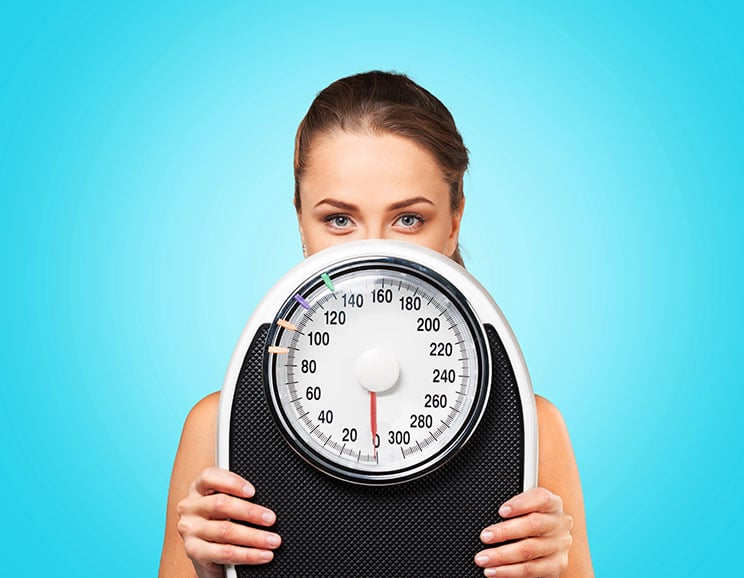
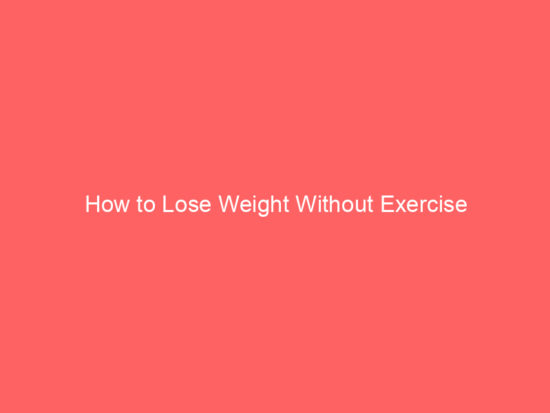


Show Comments